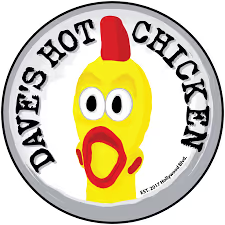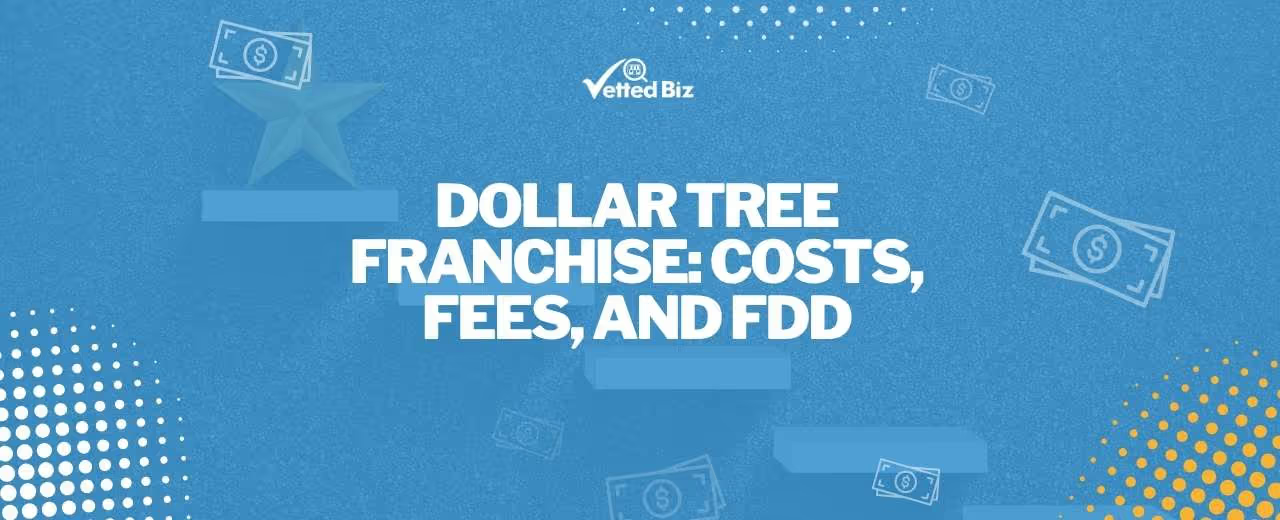Dave's Hot Chicken is a restaurant chain serving Nashville-style hot chicken tenders and sliders with customizable spice levels. The franchise operates fun, fast-casual restaurants with a focus on delivering flavorful, hot chicken and related side items.

Key Insights
- Dave's Hot Chicken developed from extensive market research that identified critical gaps in customer satisfaction and service quality, leading to the creation of comprehensive solutions that combine proven business practices with innovative approaches to meet evolving consumer expectations and demands.
- Operational efficiency systems reduce customer wait times and streamline service delivery without compromising the food quality and attention to detail that distinguish the brand from competitors, creating value through both convenience and culinary excellence.
- Market consolidation trends benefit established brands with proven systems and operational expertise, creating opportunities for growth and expansion while rewarding businesses that have demonstrated consistent quality and customer satisfaction over time.

Franchise Fee and Costs to Open
Exploring the financial picture of Dave's Hot Chicken gives insight into both the upfront commitment and the potential revenue opportunity. According to FDD Item 7, opening this franchise typically involves an investment in the range of $619,800 - $1,963,000, along with a franchise fee of $40,000 - $40,000.
Financial Performance and Revenue
Training and Resources
Dave's Hot Chicken provides comprehensive training. Initial training, lasting two weeks, occurs at a corporate-owned Dave's Hot Chicken location. This program offers extensive guidance on operations, brand standards, and product preparation. Dave's Hot Chicken also offers ongoing operational support and access to marketing resources to assist franchisees.
Legal Considerations
Legal considerations for a Dave's Hot Chicken franchisee are defined by the Franchise Disclosure Document (FDD) and the Franchise Agreement. This franchise does not disclose lawsuits or bankruptcy information in its FDD, but prospective franchisees should still review all terms thoroughly. Consultation with a qualified attorney is essential before making commitments.
Challenges and Risks
Operating a franchise like Dave's Hot Chicken presents several considerations. Intense local market competition requires a strong differentiation strategy. The operational complexity of managing high-volume, made-to-order food production demands efficient systems. A reliance on specific supply chains for key ingredients necessitates careful vendor management and contingency planning to ensure consistent quality and availability.
Franchise Datasheet
FAQs
What is the minimum cash required to open a Dave's Hot Chicken franchise?
How can I estimate the profitability and return on investment (ROI) of a Dave's Hot Chicken franchise?
What is the franchisee fee for a Dave's Hot Chicken franchise?
How to open a Dave's Hot Chicken franchise?
How many locations does Dave's Hot Chicken have?
Get insider access to franchise insights
Subscribe to receive expert tips, franchise rankings, and exclusive data straight to your inbox, trusted by thousands of aspiring business owners and investors.
Franchise resources & insights
Explore expert guides, data-driven articles, and tools to help you make smarter franchise decisions, whether you're just starting out or ready to invest.



